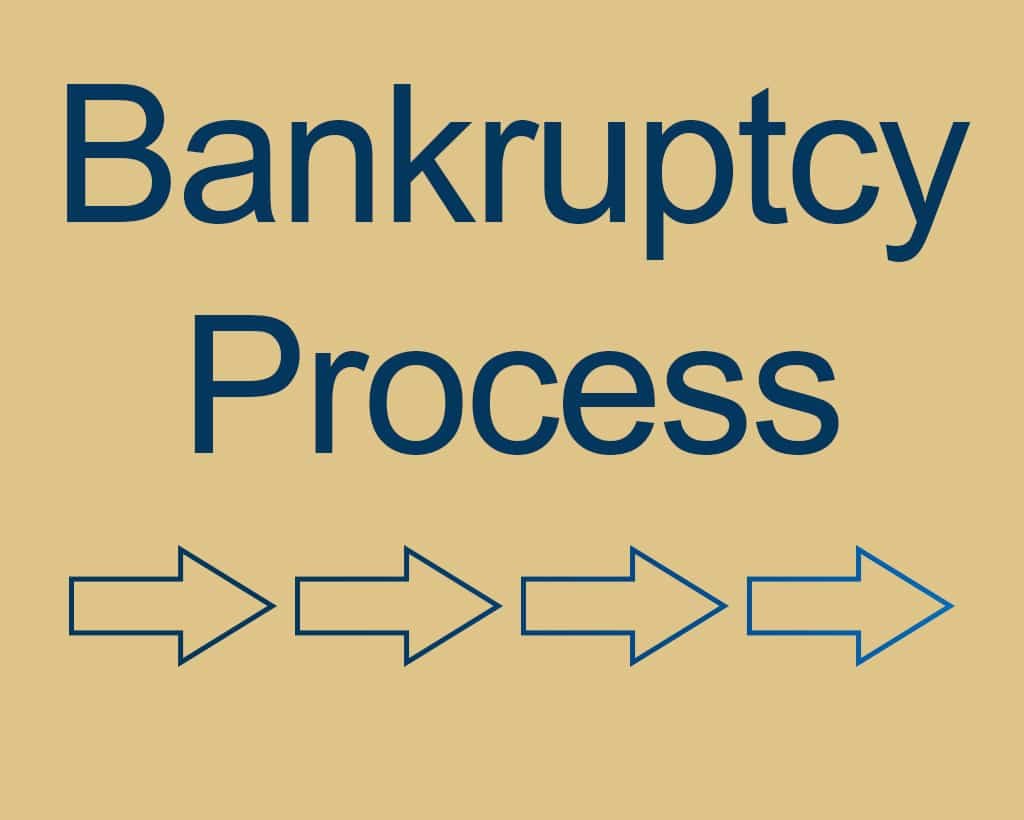The Bankruptcy Process in Kentucky
Filing for Bankruptcy (debt relief) in Kentucky can take several months because of all the requirements you must meet before you complete the process. Since 2005, Kentucky residents have had to undergo credit counseling for at least 180 days before filing for relief.
Preparing for Bankruptcy

The case trustee will only allow you to file for Chapter 7 if you earn less than this amount. If your income is above the median, there are other aspects of the means test that you must pass during the bankruptcy process.
LET OUR EXPERIENCE GUIDE YOU
Call to schedule your Free Bankruptcy Consultation!
After the means test, you must gather paperwork by itemizing:
- Current income sources
- Major debt obligations
- Substantial financial transactions
- Monthly living expenses
You must also collect tax returns and any substantial property records such as the deed to your house and the title to your car.
Filing for Bankruptcy
After gathering all of your paperwork, determine which of your property is exempt from seizure. Then, you must file a two-page petition to your district bankruptcy court as well as several schedules. These schedules ask questions about your financial situation.
The case trustee uses the documents to determine if you have been honest throughout the bankruptcy proceeding. If they do not trust your filings, you may have your bankruptcy case thrown out.
You must pay a $306 fee to file for Chapter 7. Chapter 13 is slightly less expensive at $281. If you choose to file for Chapter 13, you must also submit a proposed repayment plan. After reasonable monthly expenses, the repayment plan determines how much money you’ll have leftover each month to pay your outstanding bills.
You must pay back taxes and child support in full and must pay at least 1/10 of the debts you owe. The creditors must be compensated for an equal or greater amount to what they would receive under Chapter 7.
After three years of payments, the remainder of your debt will be discharged. You will have five years to pay as much as the creditors would receive under Chapter 7. Once you have filed for Chapter 13, start the process of paying your creditors.
FAQ's
How Often Can I File for Chapter 7?
You may only discharge debts from Chapter 7 once every eight years.
What Property Can I Keep?
Courts usually exempt your home, insurance benefits, alimony, child support, pension, personal property, and any trade tools. Other assets will be sold to pay debts.
LET OUR EXPERIENCE GUIDE YOU
Call to schedule your Free Bankruptcy Consultation!
